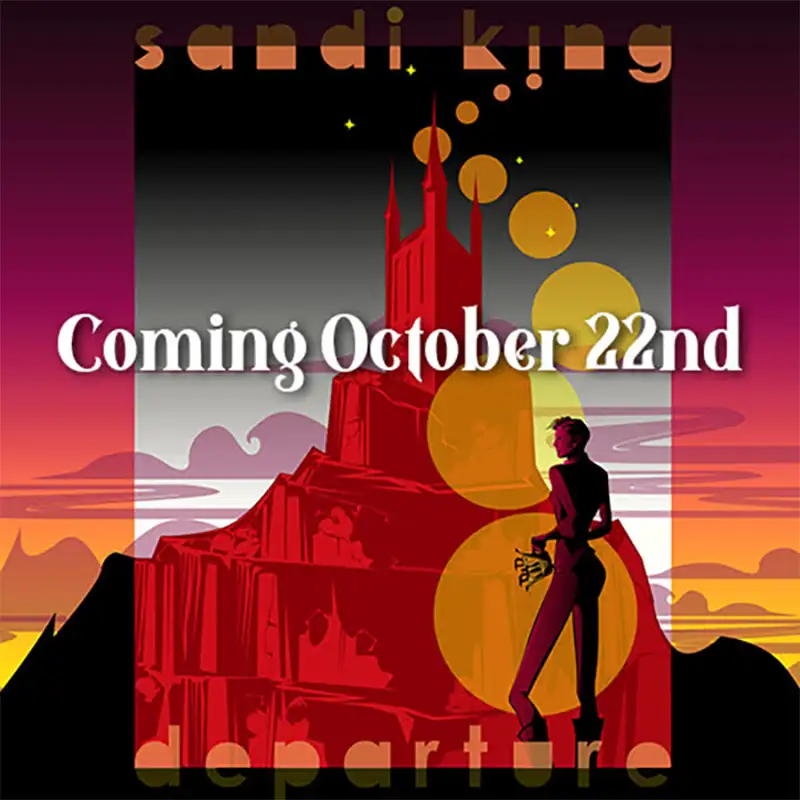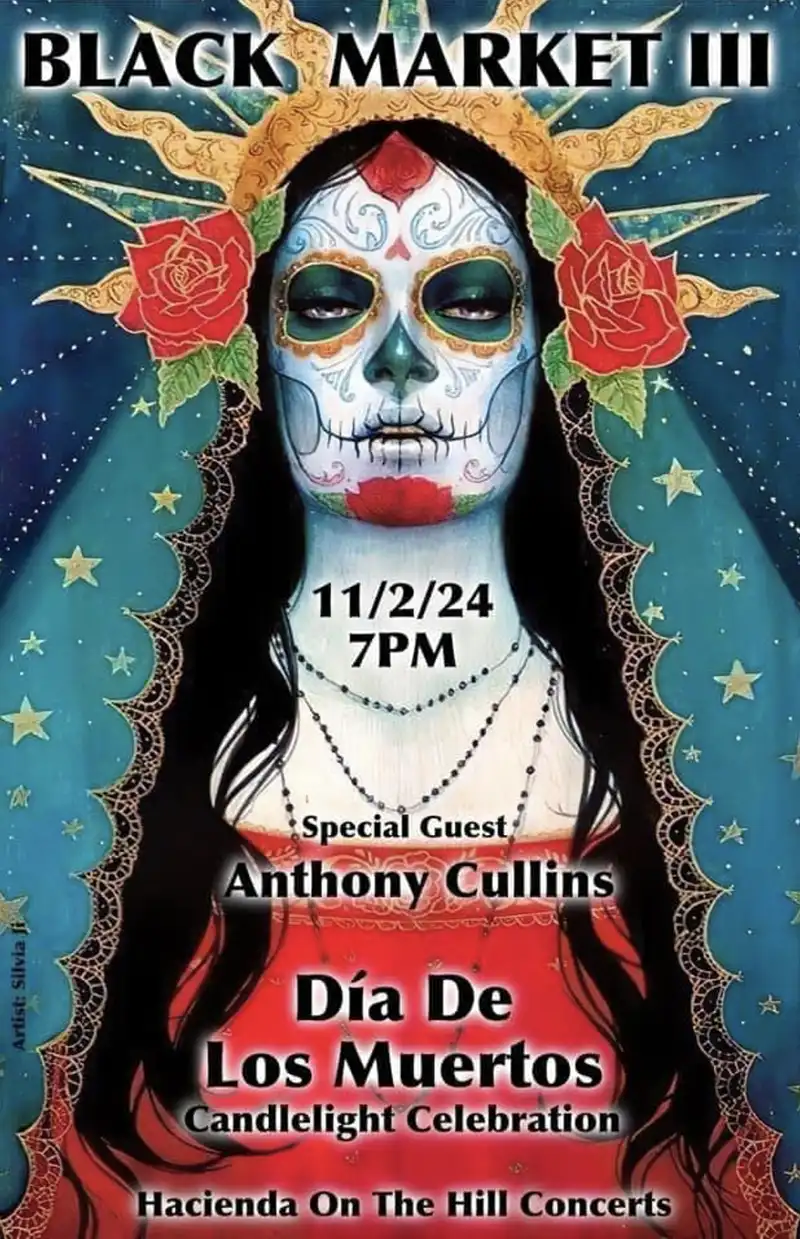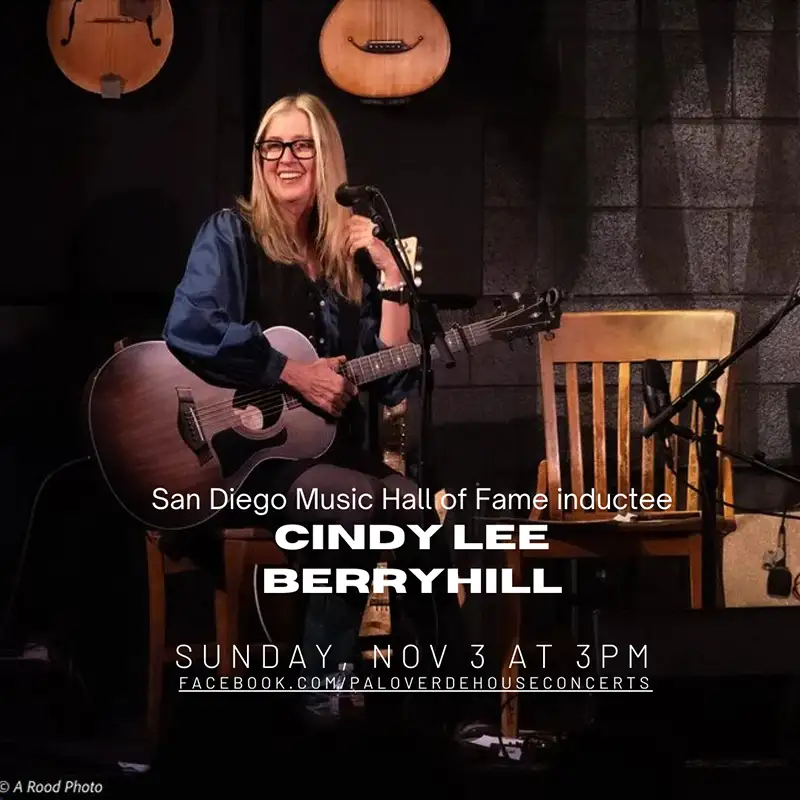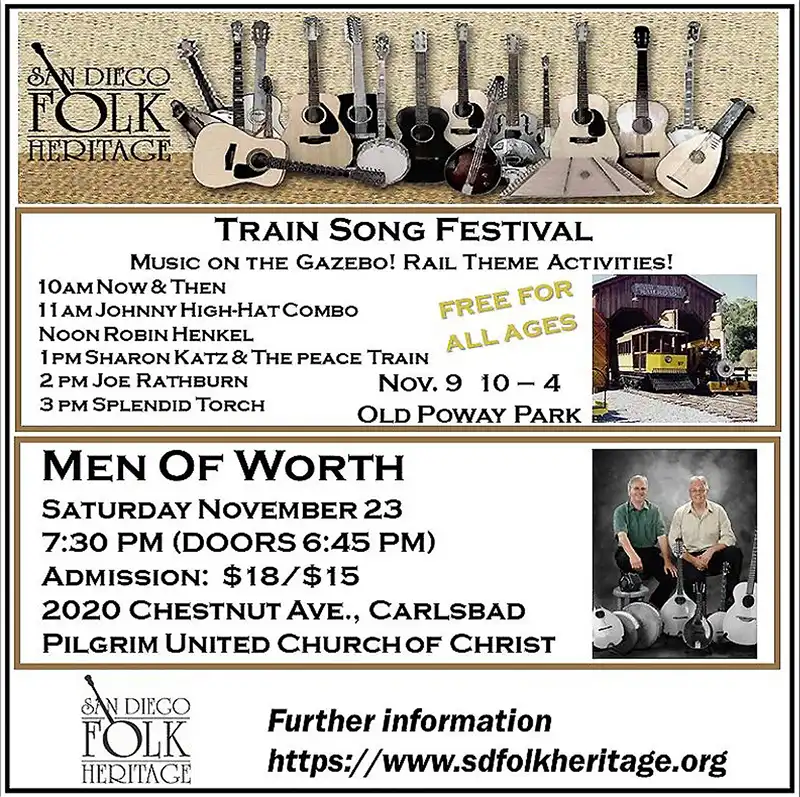Featured Stories
Charles McPherson Records a Musical Farewell to a Mentor
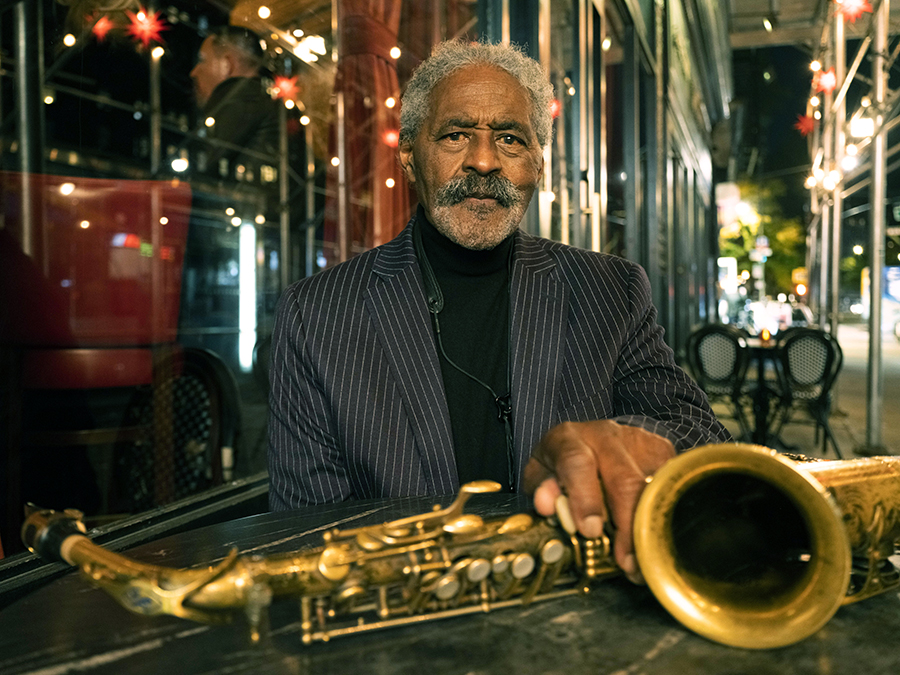
Charles McPherson. Photo by Jimmy Katz.
It is said that the best way to honor a mentor is to carry on their—and your—life’s work. By that measure, alto saxophonist Charles McPherson is very much honoring the late Barry Harris with his upcoming recording, Reverence (due out April 26 on Smoke Session Records).
But Reverence is more specifically homage to Harris, particularly the final track, “Ode to Barry.”
“It was inspired by some tapes that I heard with Barry Harris; Paul Chambers; Billy Higgins, the wonderful great drummer; and Lonnie Hillyer, a trumpet player who played with Mingus along with myself. I heard these tapes, and they have not been released, but I was privy to hear them. And that kind of inspired me to do this record date. I called it ‘Reverence’ and it’s pretty much what the title suggests—it’s my reverence and gratitude to Barry Harris, who was my mentor.”
At nine years of age, McPherson moved with his family from his native Joplin, Missouri to Detroit. As he began playing sax in his early teens, he discovered that a few blocks away was a place called the Blue Bird Club, where Harris was in the house band with Elvin Jones (drums), Paul Chambers, and Beans Richardson (bass). Along with other underage kids in the neighborhood, McPherson began hanging outside the club, listening to the sounds wafting out and picking the brains of the older musicians when they came outside between sets.
“Meeting [Harris] is when I learned about theory and harmony, which one really must understand in order to improvise or compose,” McPherson said in a 2020 interview with All About Jazz.
Harris, who died in December 2021 at the age of 91, gave lessons to McPherson before the younger musician moved to New York City and obtained a position in Charles Mingus’ band.
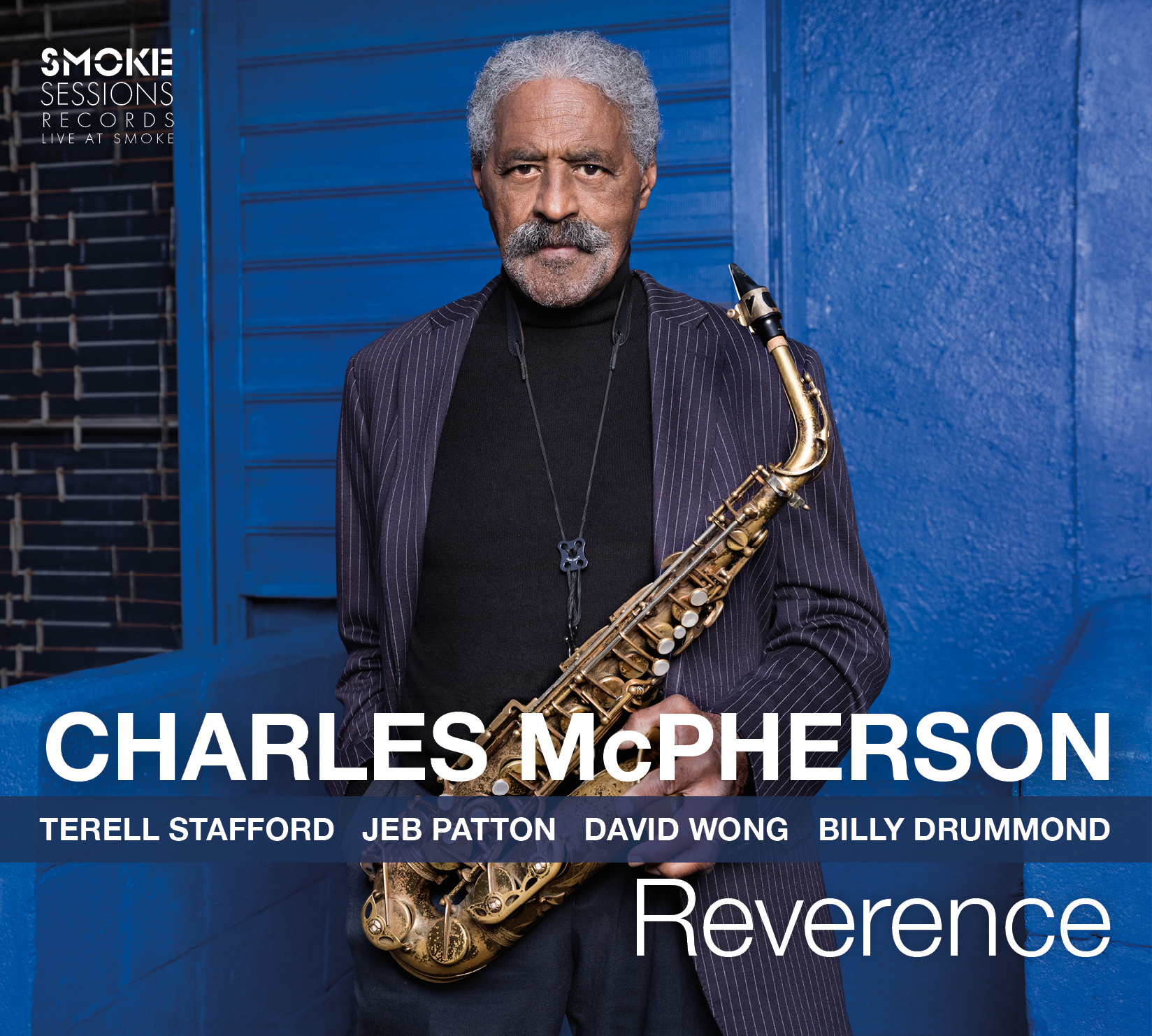
McPherson’s new album Reverence is a love letter to the late Barry Harris.
And, so, McPherson felt he needed to acknowledge that connection, musically, with the new album.
“It’s my adieu to Barry and the inspiration for the title. However, I didn’t just want to deal with nostalgia or the past, I wanted to showcase, I would say, my journey—that Barry Harris is very much credited with starting my journey. I wanted to do the CD and for it to be documented that this is how I feel about things I know. It’s about what I’ve learned on the way since Barry.
“Even though it’s inspired by my reverence for Barry, it’s also about showcasing what I’m about, musically, these days: musical knowledge and other knowledge I accrued along the way. I chose musicians who resonate with me, who kind of share my attitude of blending the past with the now—because I think it’s a blend. It seems to be any kind of art is best served by artists who, no matter what their discipline, show this connection to the past, to the now, and whatever the future is. No Isaac Newton, no Stephen Hawking. No Stravinsky without Bach. It’s about connections and threads. I’m informed by the past, but I’m also informed by now, the nowness.
“So, I chose musicians who best expressed that. That’s how the record came out.”
In addition to McPherson on saxophone, the recording features trumpeter Terell Stafford, pianist Jeb Patton, David Wong on bass, and drummer Billy Drummond.
“This is my regular band. I’ve been working with these guys for a few years now, and I can’t say enough about them. Jeb Patton is absolutely brilliant. Terell has been around for a while, but he’s one of the best trumpet players on the planet. David Wong, a great bassist and, of course, Billy Drummond, a real seasoned pro.
“I put this band together because I liked them, personally, as people. And I really liked them as musicians.”
McPherson said that in his experience, the process of assembling a band is not impacted by whether the date in question is a live set or a studio session.
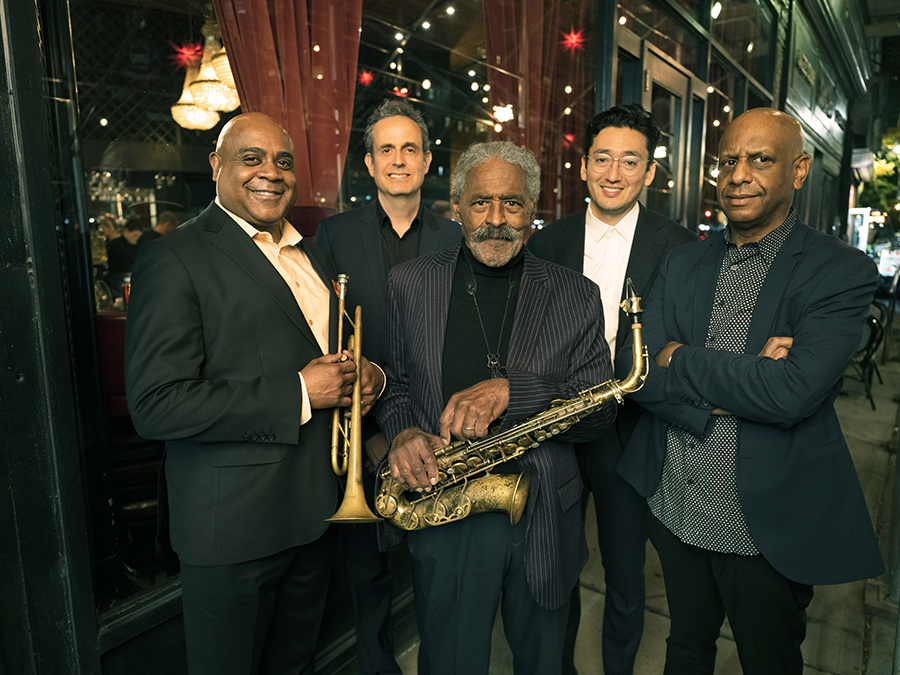
Players on McPherson’s new album: Terell Stafford, Jeb Patton, McPherson, David Wong and Billy Drummond. Photo by Jimmy Katz.
“My choice of musicians would not be impacted if it was a live date or not. But the difference between a live date and a recording is that a live date can be trickier, because now you’re in real time. If there are a lot of mess-ups, you can’t go back and clean it up.
“At the same time, a live record date is very exciting because you have the ambience of people there, responding to what they’re hearing and what they’re seeing. And, there’s a symbiotic relationship between the audience and the musicians. The live record captures the spontaneity. It’s a very creative process.”
In addition to the band, McPherson said the other component of Reverence is the setting, having been recorded live at the Smoke Jazz Club in New York City. (Reverence is slated to be the first of a series of live albums to mark the 10th anniversary of Smoke.)
“The club owner, Paul Stache, was very into doing this project and to do it live. That’s how it came about, and he agreed to do it. Smoke is a thriving club. I’m proud to be aligned with Paul, and I want to give him his just due. First, he’s a very nice man, very smart, and really loves the music. He really likes whom he books in his room. So, he runs his club and treats the people who frequent his club—the musicians as well—as he would want to be treated. He does a great job of running that club—the food is good, and the club is the perfect size. It’s a nice club, visually, it’s just intimate enough, yet big enough to be comfortable. He does a very good job of marketing and putting the records out there.”
While there are no Harris compositions on this recording, McPherson wrote “Ode to Barry,” the closing track, as a tribute more than a homage, he said.
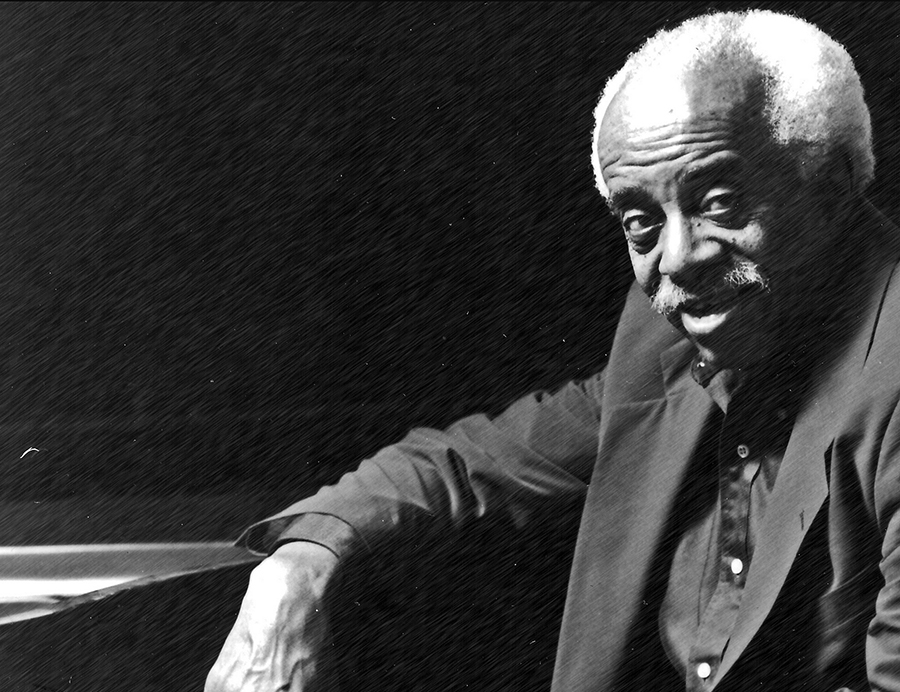
The late Barry Harris.
“It’s a tune that I wrote, bits and pieces of some of Barry’s compositions. I kind of borrowed a little bit of that, but then, of course, the tune is mine, and what I feel about Barry. I tried to capture, musically, kind of the personality of Barry. Barry was complex, actually; melancholy was part his Barry Harris psychological suit, yet he could be a joyous person. So, he had a few moving parts, but he was very, very serious about music, and the playing of music, and improvising and what he considered good taste and high standards for musicality, based on his terms. He was very idealistic, and I just tried to capture that. He was very intelligent and very logical. So, I’m trying to do this very logically and have the right chords that kind of provide the mood, an overall view of the man’s moods. There’s excitement there; it’s an Afro-Cuban Latin theme, with some of the linear logic and some of the melancholy and joyousness as well. And you mix that up and you kind of have Barry.”
When the San Diego Troubadour last visited McPherson in September of 2020, he said that he had begun offering online music lessons in response to the pandemic lockdowns. (https://sandiegotroubadour.com/charles-mcpherson-weathering-pandemic-with-new-album-and-ballet-project/).
While he’s shifted his focus back to his first love of live performance, he is still teaching more than he did pre-COVID.
“I still do it and I do have a few private students. I think COVID forever changed certain things. Come to think of it, I have more students online than in person, but I do still give private lessons.”
But, as he said in the 2020 interview, “I love to play and perform, I just love it. If I could push a button and do only that, I would do that.” And to that end, he’s said, “I’m working more now than ever before COVID. I’ve been traveling a lot and working more than ever. Some clubs were definitely impacted. There were some clubs in New York that folded, but it’s recovering; a bunch of other little clubs have popped up, so things are looking much brighter right now.”
Recently, McPherson was also featured in DOWNBEAT, the leading jazz publication, in their blind listening exercise. (https://downbeat.com/news/detail/blindfold-test-charles-mcpherson)
When it was pointed out that he gave every artist the same high score, McPherson laughed and explained, “I told the guy that I don’t really feel like criticizing people like maybe I would have done 40 years ago, and I didn’t know if I’d be a good subject for this blindfold test because I’ve come to the conclusion that whatever people do this is what they do, and who am I to say anything. He was okay with that. If I find something that is compelling, then I’d rather say that than a negative thing. A lot of people are not like that. And I might not have been like that years and years ago. If I can’t find anything compelling on any level on this subject or this person, then I’d rather not do it.”
I’ll be playing at the La Jolla Music Society with the band on the record, same band. I’m there and back at Smoke in May, a CD party. I’m traveling quite a bit.
Upcoming McPherson gigs in San Diego area:
May 18: La Jolla Music Society at the Conrad Prebys Performing Arts Center with John Beasley.
June 9: La Jolla Music Society at the Conrad Prebys Performing Arts Center with his regular band.



